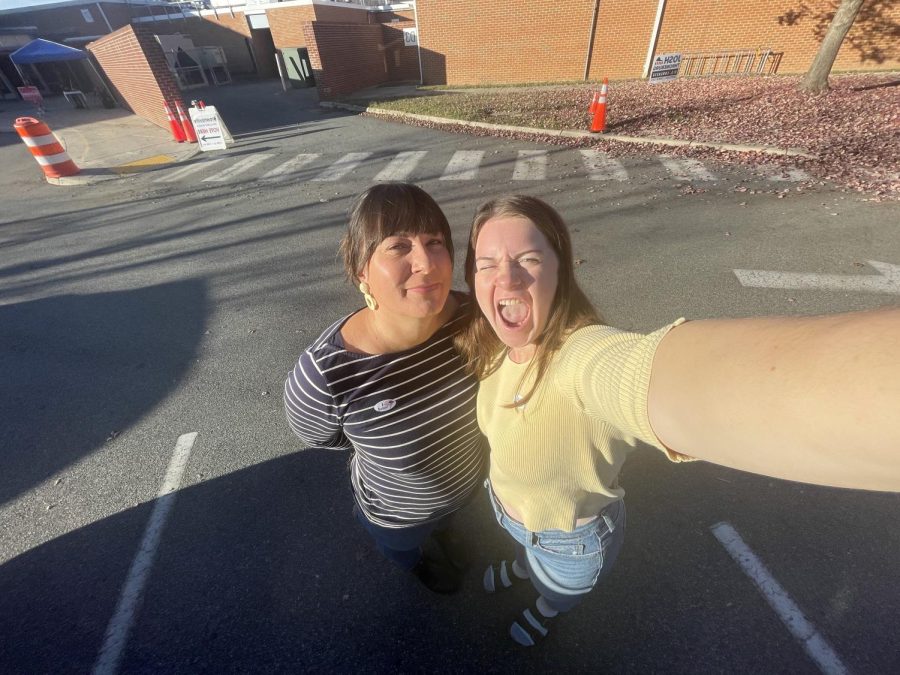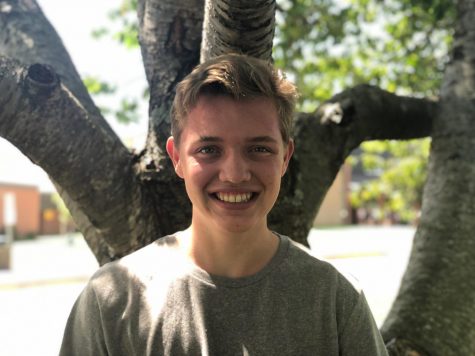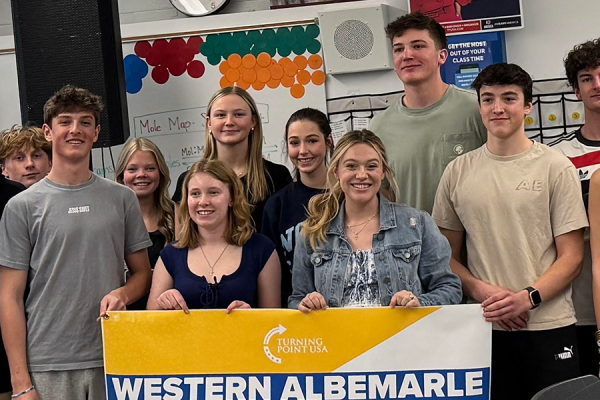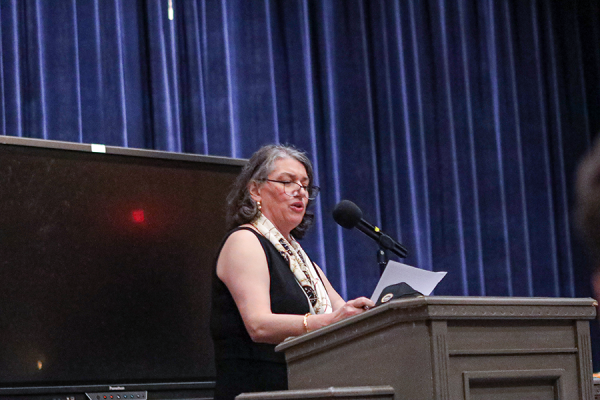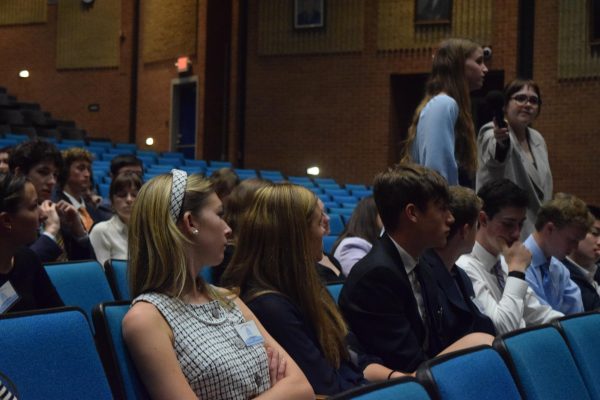WAHS to the Polls
WAHS students cast their very first votes
January 6, 2023
For many WAHS students, the appearance of vibrantly colored leaves and crisp autumn air denotes some particularly notable school activities. Homecoming, spirit week, and the end of the first semester. But for many WAHS students, it is also election season.
Virginia law allows that any citizen of the state who will turn 18 by or on the date of the general election shall be eligible to vote. The state also allows citizens to register before they turn 18, and even cast a ballot before their 18th birthday so long as they will be 18 by election day. This allows numerous Western seniors to vote each year. Any senior born on or before November 8, 2004, is eligible to vote in the 2022 election.
Voting is a chance for many students to express their diverse opinions and make an impact. It is an opportunity to make concrete changes in their communities.
“It is important to be politically engaged, especially as a young person and a woman.” said senior Greta Slaats, who plans to cast her first ballot this fall, “Voting as a young person is extremely important because we are underrepresented due to our low turnout. I want my elected representatives to take account of the issues that the youth care about.”
Alex Flamm, a senior who voted early, echoed this sentiment.
“I registered to vote because I believe it is my responsibility to exercise any means I have to facilitate positive developments in my community,” Flamm said, “electing a representative that I believe in certainly fits under this purview.”
Social issues and concerns about the environment continue to be some of the most salient issues for young voters who are making decisions about who to vote for.
Slaats cited several such issues that she believed to be important. “My main issues are the climate crisis, racial injustice, the lack of reproductive and lgbtqia+ rights and gun violence. A lot of these are national issues that can be applied within Virginia.”
Flamm mostly concurred, ranking social issues above more traditional economic ones in importance. “I do not believe in excessive government influence in general, but climate policy and civil rights are two elements of policy that I think there needs to be strong legislation on.”
The manner in which Western students choose to vote is divided. Flamm voted early in-person on the first day it was available to do so, even before he turned 18, in order to lock in his vote early. He praised the efficiency of the whole voting process, from beginning to end. “Registering was an extremely simple and convenient process that I would encourage anyone to take, and the experience of early voting was entirely unobtrusive.”
Others, like Slaats, plan to vote on election day. “I want to get the full experience my first time around,” Slaats said, “absentee and early [in-person] are both great options that I will definitely be using in the future when I go off to college though.”
With control of Congress up for grabs this year, student voters are poised to be a decisive factor in close races across the nation. Whoever wins those votes will have the ability to leave an impact on the lives of young voters for decades to come.



